The 2013 Land Law distinguishes the right to access land between "domestic individuals" and "Vietnamese people residing abroad". However, Clause 3, Article 4 of the Land Law (amended) stipulates that Vietnamese people residing abroad who are Vietnamese citizens have full rights related to land as Vietnamese citizens in the country.
According to experts, expanding land use rights for Vietnamese people residing abroad who are Vietnamese citizens, including regulations on receiving land use rights, creating conditions for them to directly participate in real estate transactions in the country... avoids the shortcomings of the past when wanting to use land in the country, Vietnamese people residing abroad had to ask relatives in the country to stand in their name to carry out the transfer transaction, and many disputes arose from asking someone to stand in their name to receive the transfer and manage this land use right.
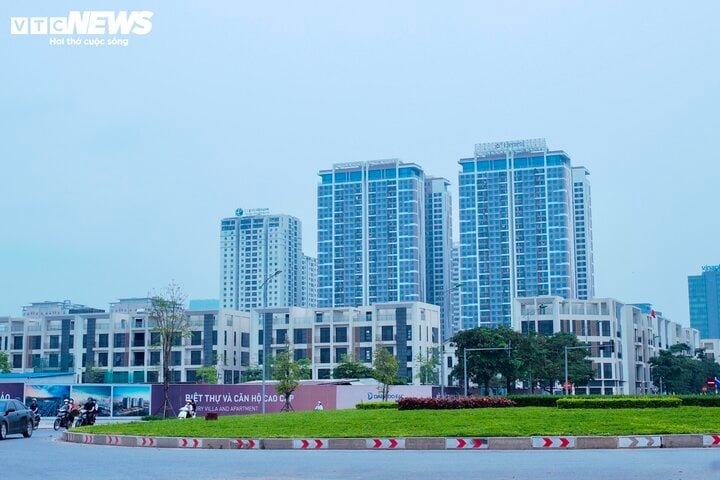
The revised Land Law will attract more capital from overseas Vietnamese. (Illustration photo: Cong Hieu).
At a seminar on home buying for foreigners and overseas Vietnamese in 2023, Mr. Peter Hong, Permanent Vice President of the Association of Overseas Vietnamese Entrepreneurs, said that many overseas Vietnamese want to return home to settle down and invest but do not know how to own real estate.
According to him, there are about 5.5 million Vietnamese people abroad and more than 1 million F2, F3 generations whose fathers, mothers or grandparents are Vietnamese. Of these, more than 20% are at retirement age, most of whom want to return to their homeland to live, invest, and stay connected to their roots in their final years.
A survey by the Ho Chi Minh City Real Estate Club (HREC) also showed that about 3 million overseas Vietnamese have a need to own real estate when returning to live in Vietnam, of which the majority choose Ho Chi Minh City.
According to the Association of Vietnamese Entrepreneurs Abroad, there are currently 600,000 - 700,000 overseas Vietnamese who are highly qualified businessmen and intellectuals (accounting for 10 - 12% of the Vietnamese community abroad).
Many of them want to return to their homeland to invest, do business or live, so the demand for buying houses in Vietnam is very high. When the policy is more open, remittances can be used more in the real estate market. Currently, many overseas Vietnamese want to settle in Vietnam, but they have difficulty buying houses, not knowing where to buy, the price and ownership.
Real estate legal expert Nguyen Van Dinh commented that this provision is in line with the draft revised Land Law. Accordingly, Vietnamese people residing abroad who still retain their nationality have the right to do real estate business, to buy, rent, or hire-purchase houses and construction works like Vietnamese citizens in the country.
This will make it easier for Vietnamese people living abroad to own real estate in the country, contributing to the development of the real estate market and creating more demand, Mr. Dinh analyzed.
Previously, to buy real estate in the country, many overseas Vietnamese had to ask relatives to stand in their names, leading to consequences such as lawsuits and disputes due to lack of transparency in the law. This amendment to the Law on Real Estate Business has created equality between domestic people and overseas Vietnamese in buying real estate.
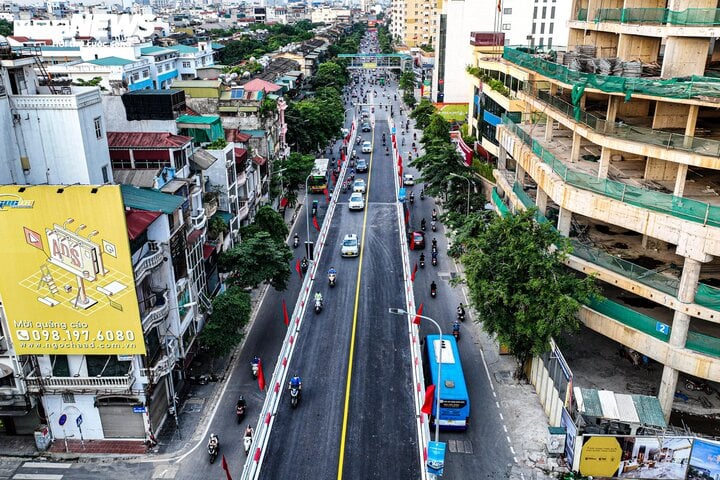
With more capital from overseas Vietnamese, the real estate market will have more positive signals.
Assessing the demand for buying houses in Vietnam by overseas Vietnamese, Mr. Vo Huynh Tuan Kiet, Business Director of CBRE Vietnam, said that the demand for buying houses from overseas remittances is very high. In the past 10 years, with nearly 5,000 transactions conducted by CBRE, up to 45% belonged to foreign customers and overseas Vietnamese.
“ In recent times, the supply of high-end housing has accounted for a large proportion. If we loosen the conditions allowing foreigners to own, it will strongly stimulate demand for this segment. Not to mention, this is also a solution to attract good workers and talents. When good people come to Vietnam to work and stay in Vietnam for a long time, they will certainly have a need for food and accommodation, thereby stimulating real estate investment ,” Mr. Kiet commented.
Economist, Dr. Dinh The Hien also assessed that previously, overseas Vietnamese who did not have Vietnamese nationality would not have the same rights as those with Vietnamese nationality. However, the new regulations in the Land Law (amended) have created conditions for overseas Vietnamese to invest and buy houses.
According to Mr. Hien, current laws allow overseas Vietnamese to buy houses in Vietnam. However, the difficulty is that the complicated procedures and documents to prove Vietnamese origin have discouraged overseas Vietnamese.
In addition, although regulations allow overseas Vietnamese to buy real estate in Vietnam, many people have to authorize relatives to own the property. Therefore, Mr. Hien commented that the amendments to the Land Law and previously the Real Estate Business Law and the Housing Law (amended) have created equality between domestic individuals and overseas Vietnamese in investing and doing real estate business.
According to Mr. Nguyen Anh Que, Chairman of the Board of Directors of G6 Group, the expansion of regulations will create equality between domestic citizens and overseas Vietnamese in land ownership. When they are allowed to buy houses, have the right to own houses and the right to use land like domestic citizens, they will transfer money back to invest and buy houses in Vietnam.
Thus, the real estate market will have more demand from overseas Vietnamese, adding output for the supply of high-end housing that is exceeding demand. These subjects will be able to invest in building houses and construction works for sale, rent, and lease-purchase; invest in building technical infrastructure in real estate projects for transfer and lease.
Source


![[Photo] Prime Minister Pham Minh Chinh chairs meeting to remove difficulties for projects](https://vstatic.vietnam.vn/vietnam/resource/IMAGE/2025/3/30/7d354a396d4e4699adc2ccc0d44fbd4f)




![[Photo] Ministry of Defense sees off relief forces to the airport to Myanmar for mission](https://vstatic.vietnam.vn/vietnam/resource/IMAGE/2025/3/30/245629fab9d644fd909ecd67f1749123)
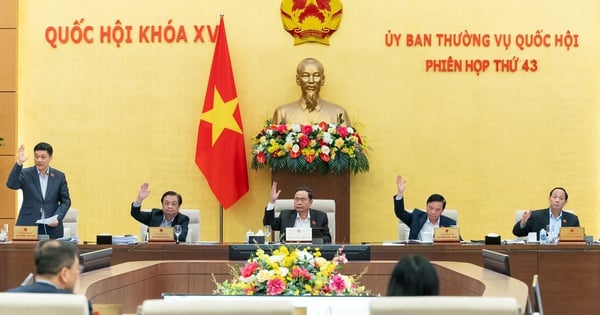

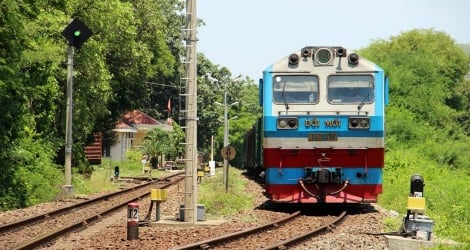

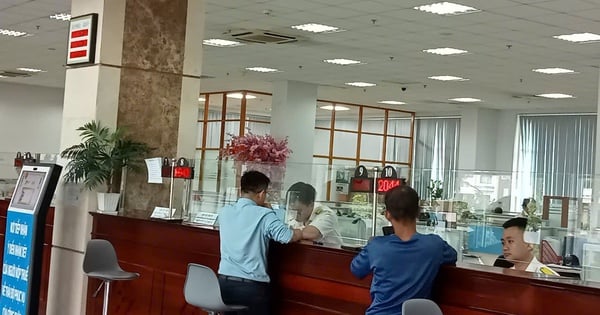

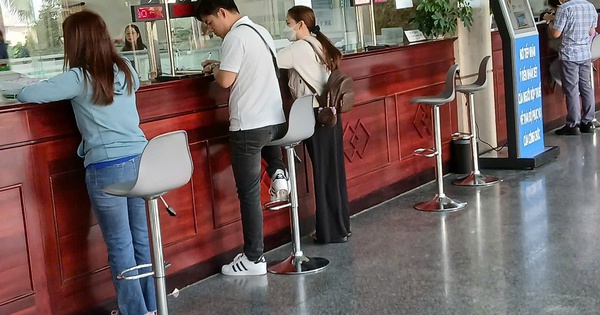
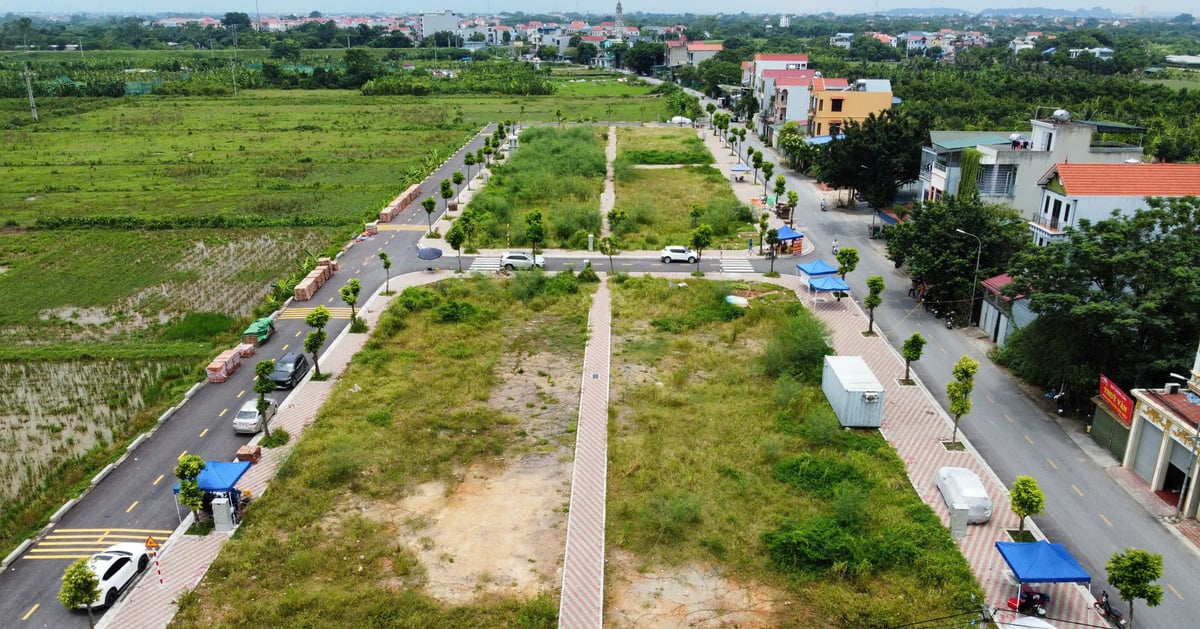

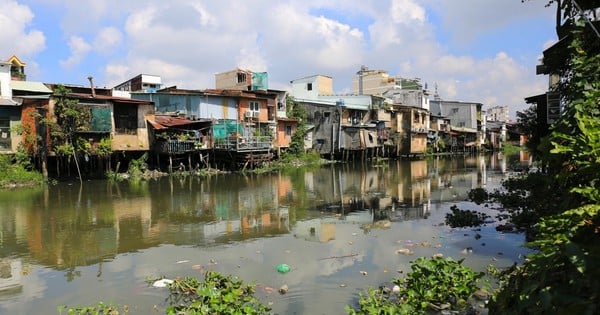

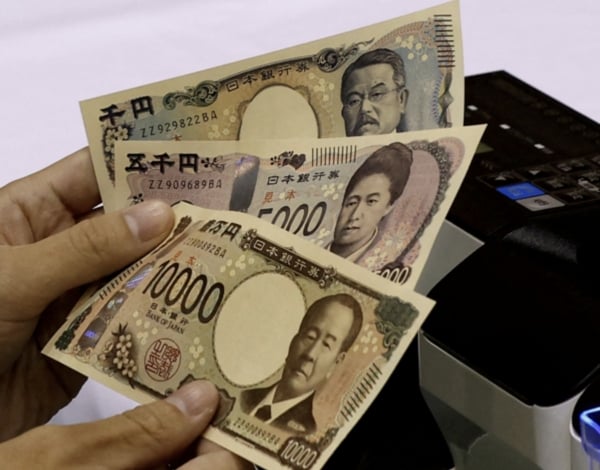
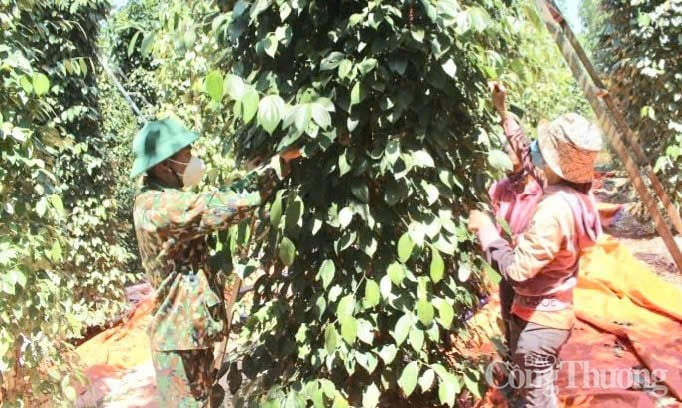
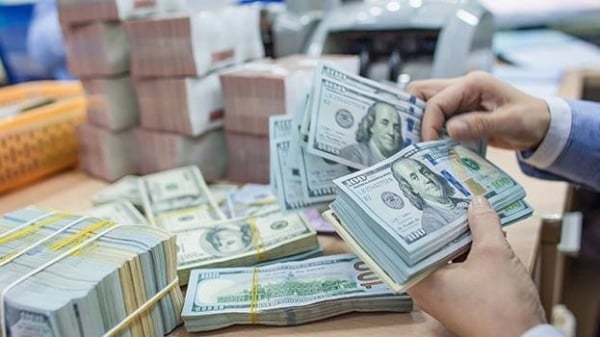
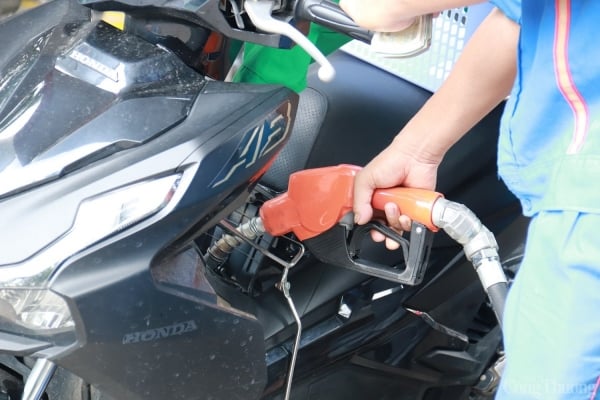






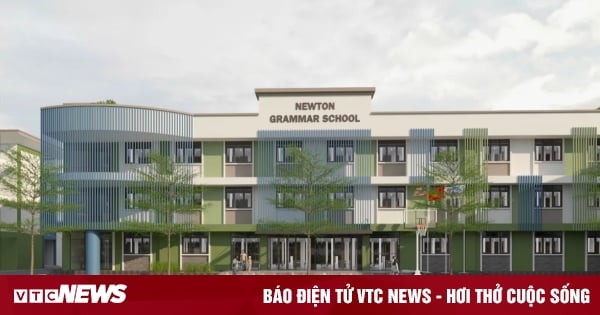



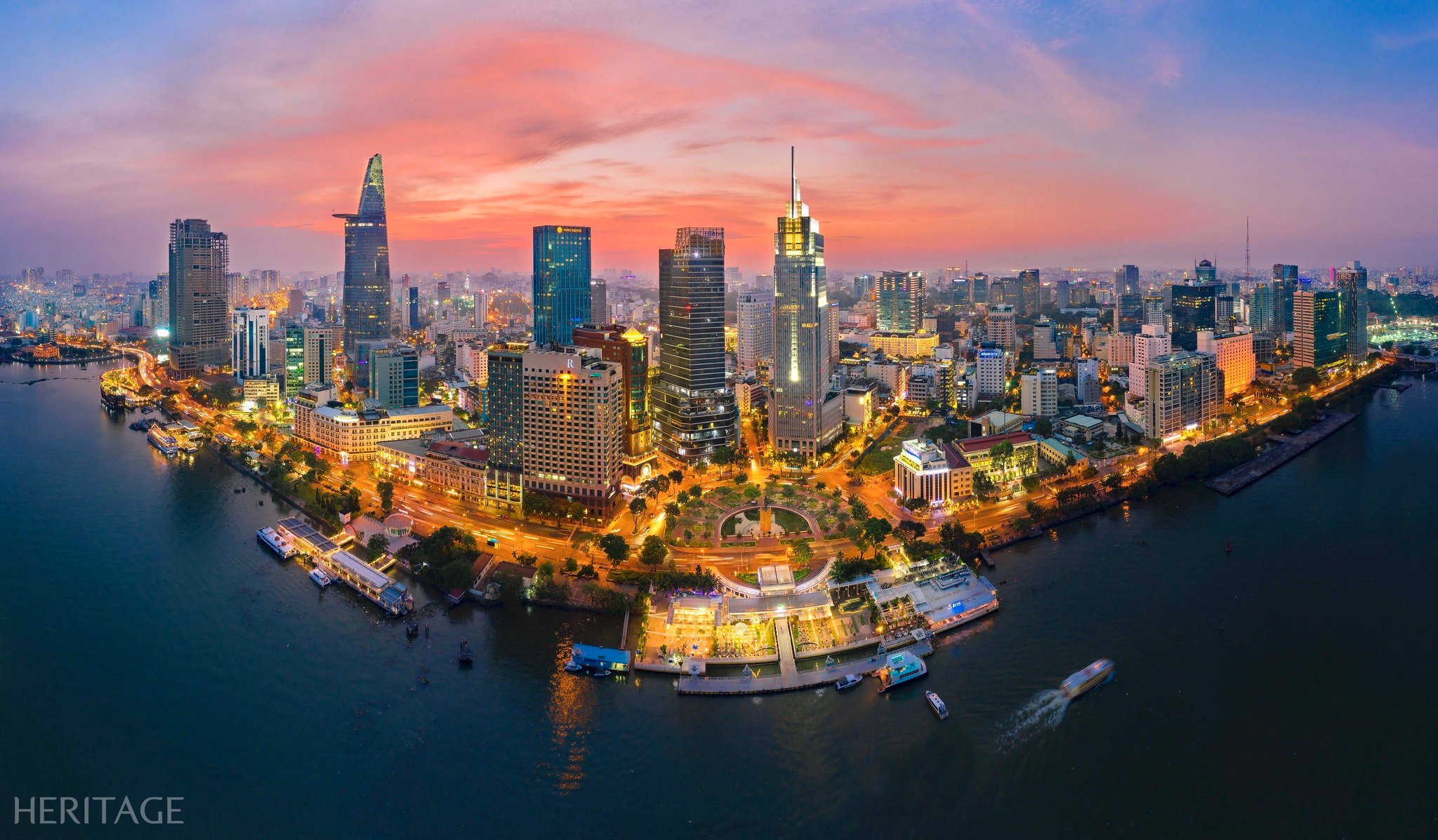
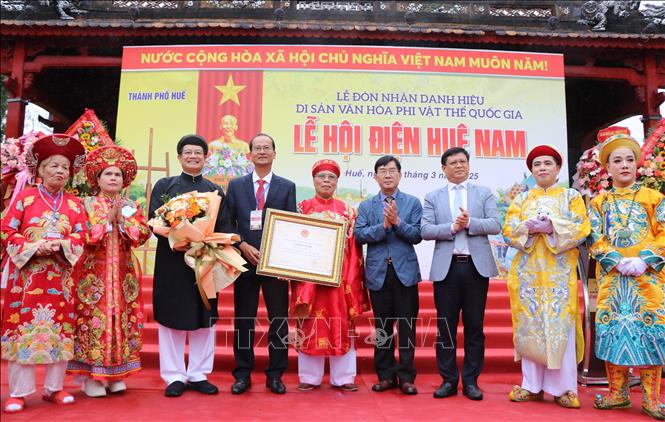

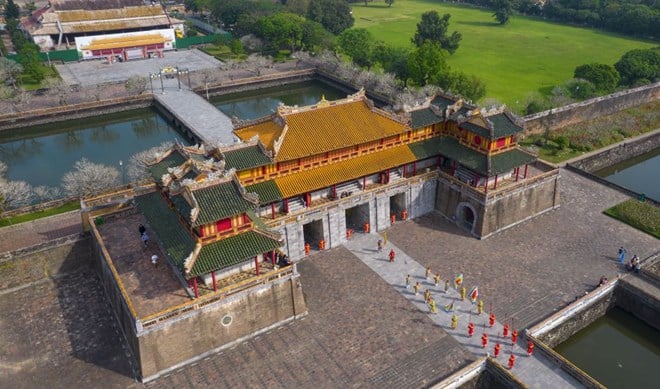
















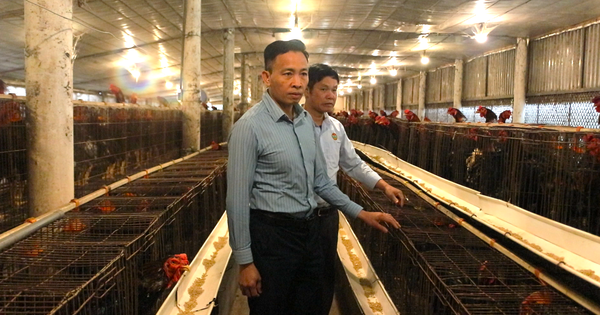








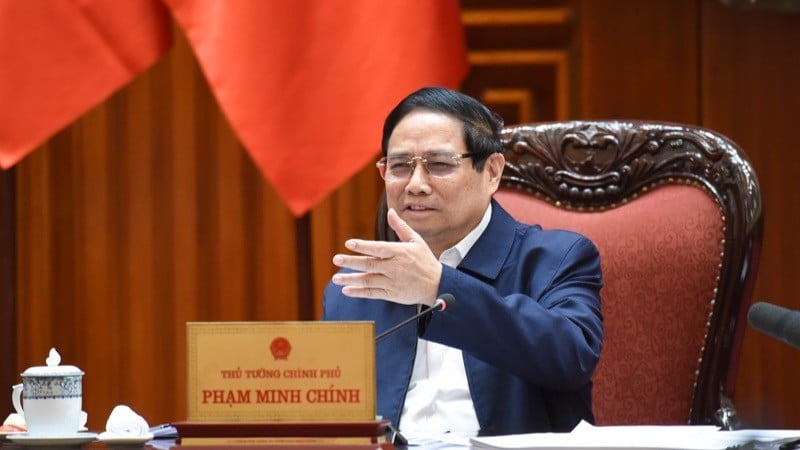

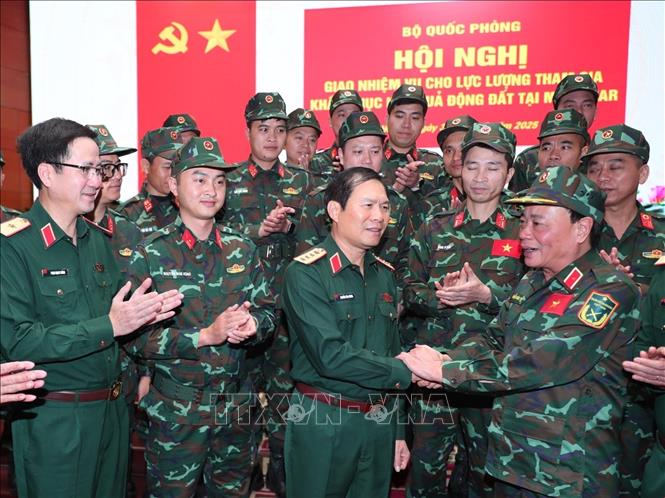
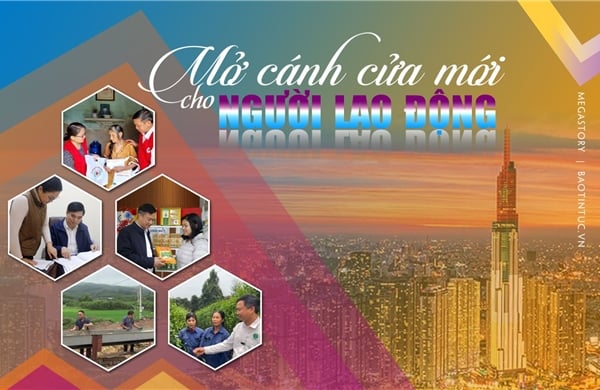
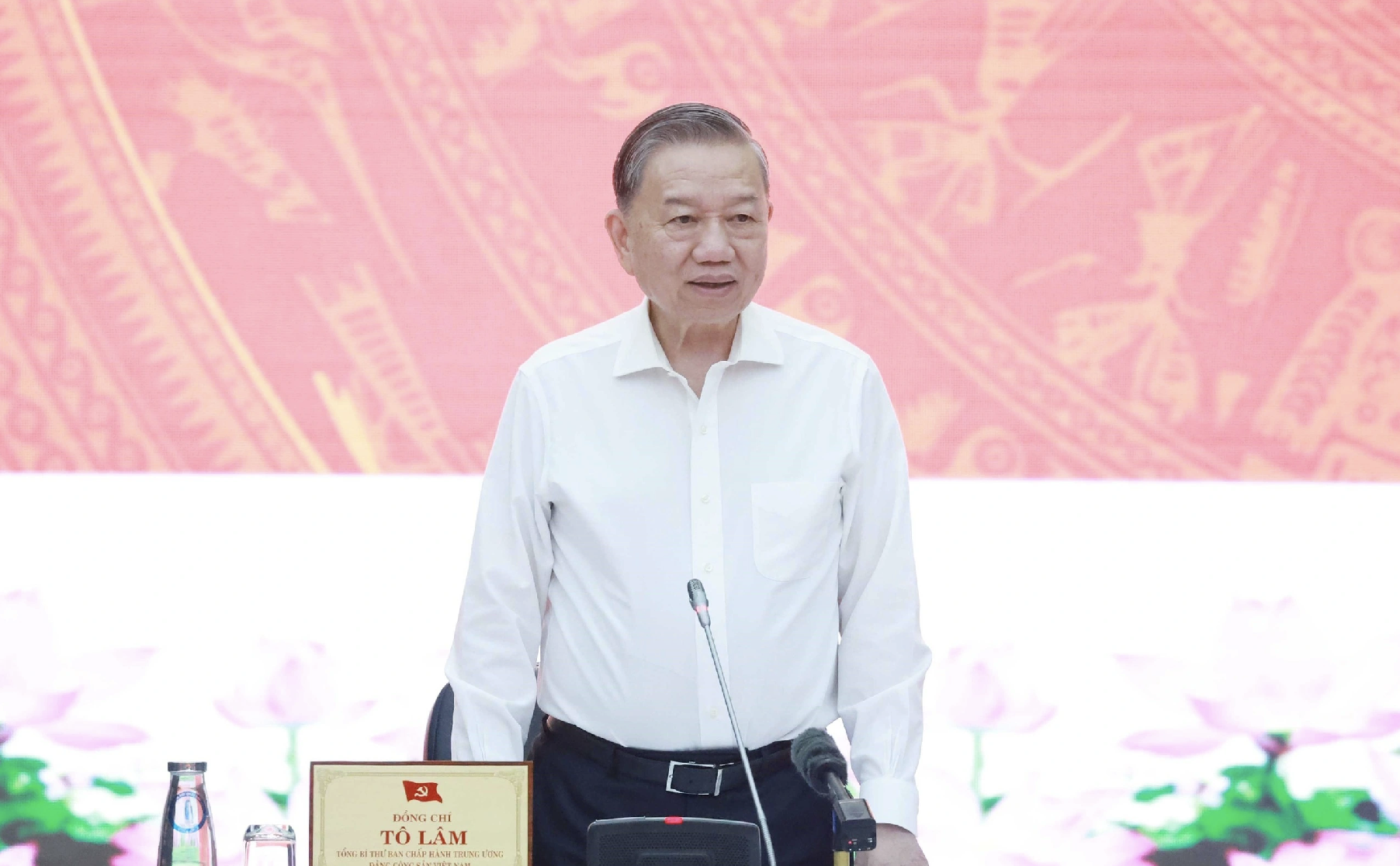

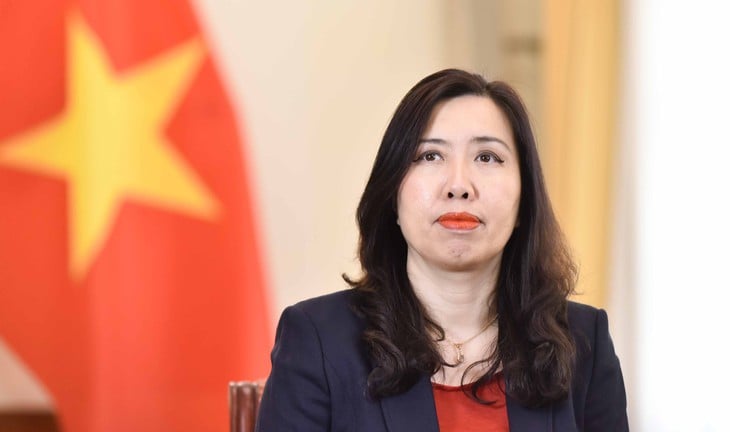
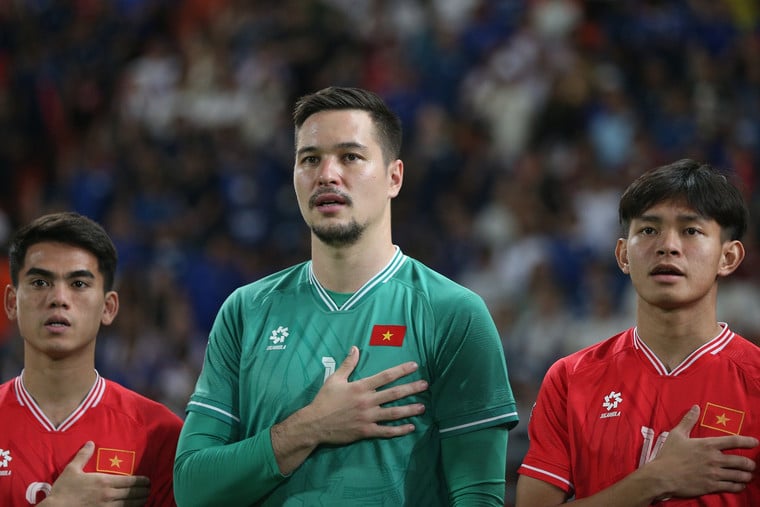

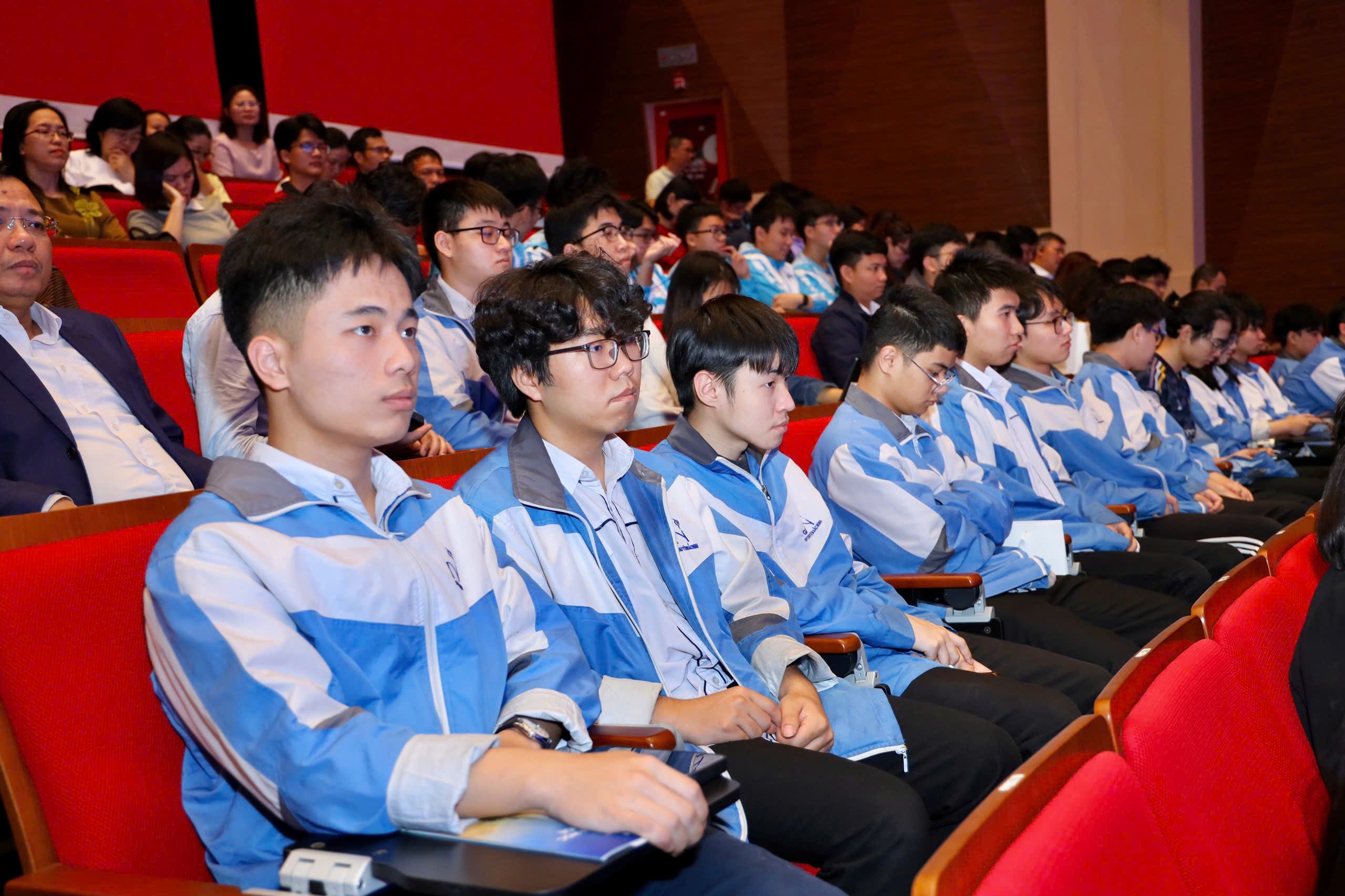

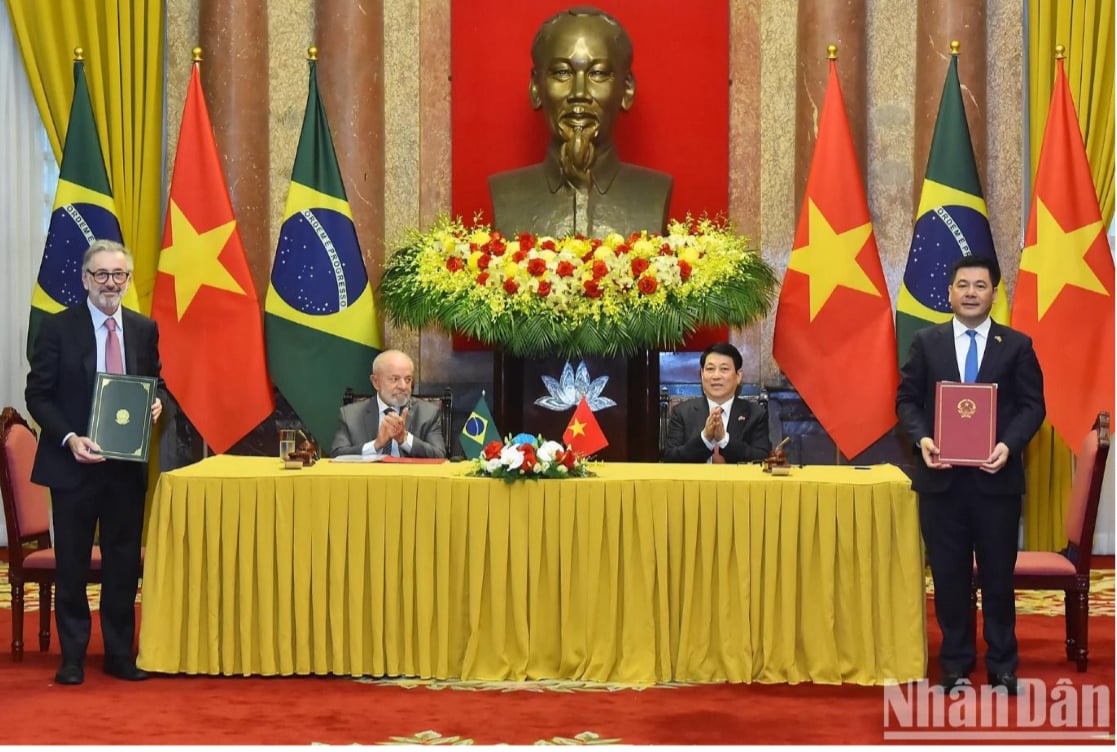

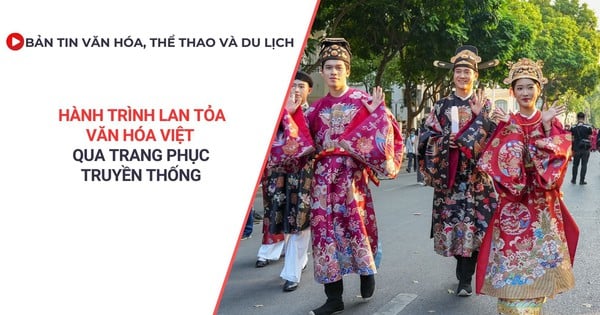

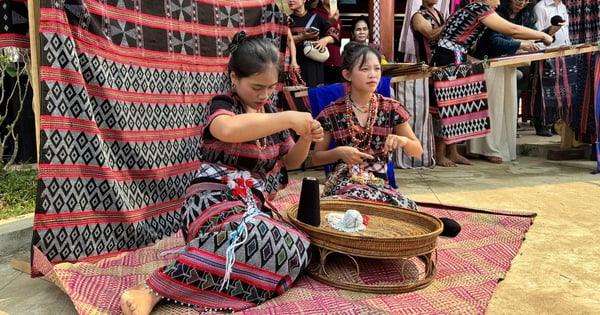
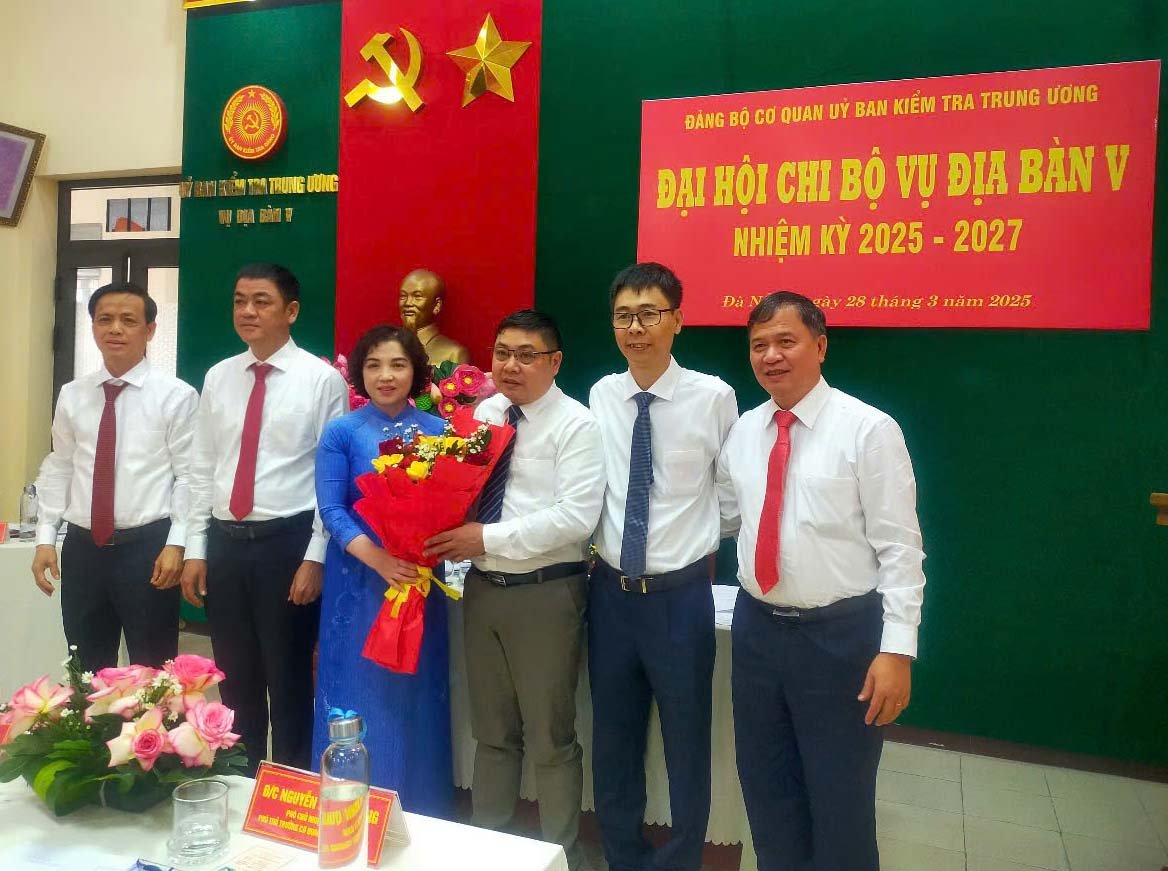

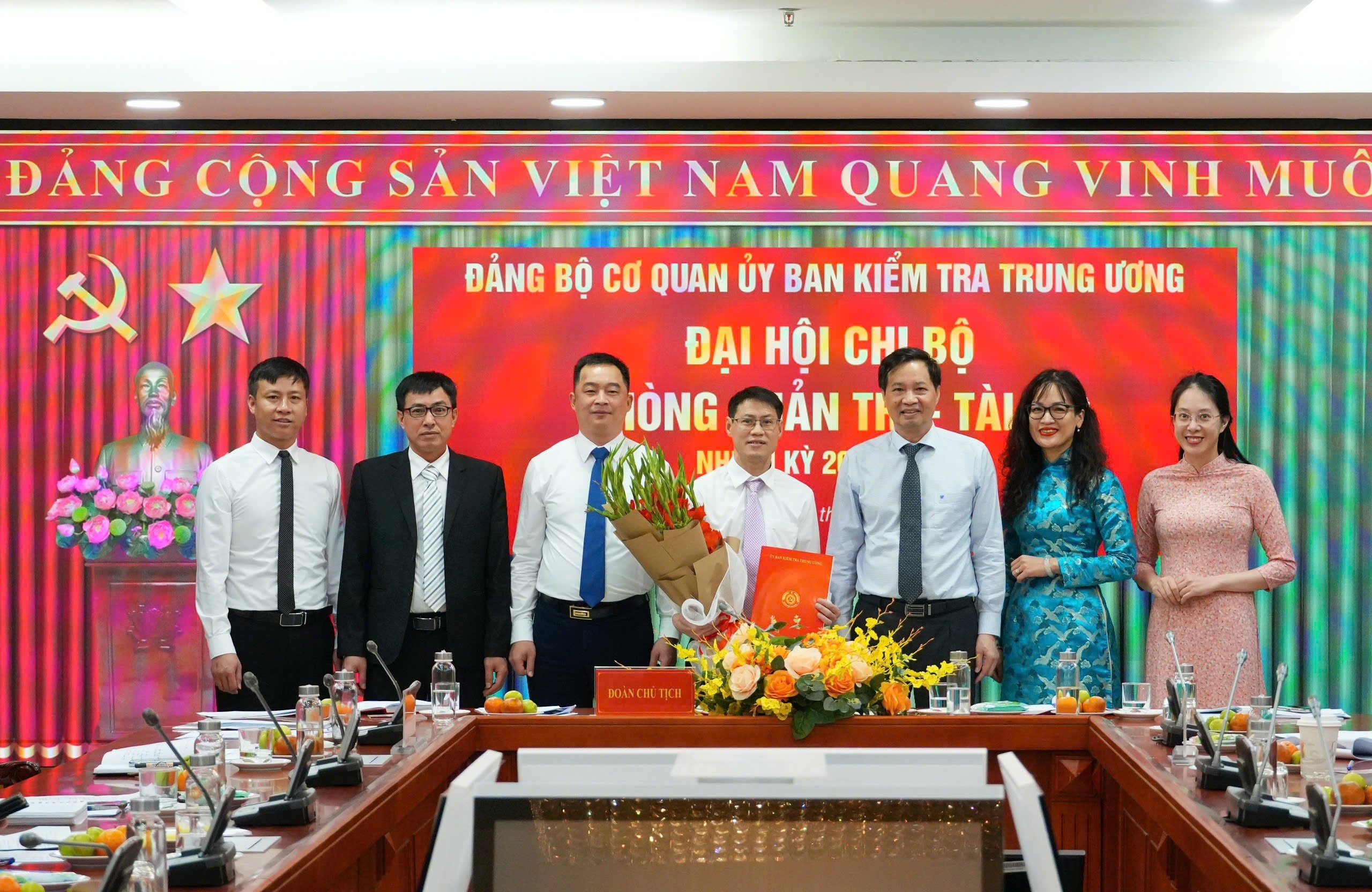
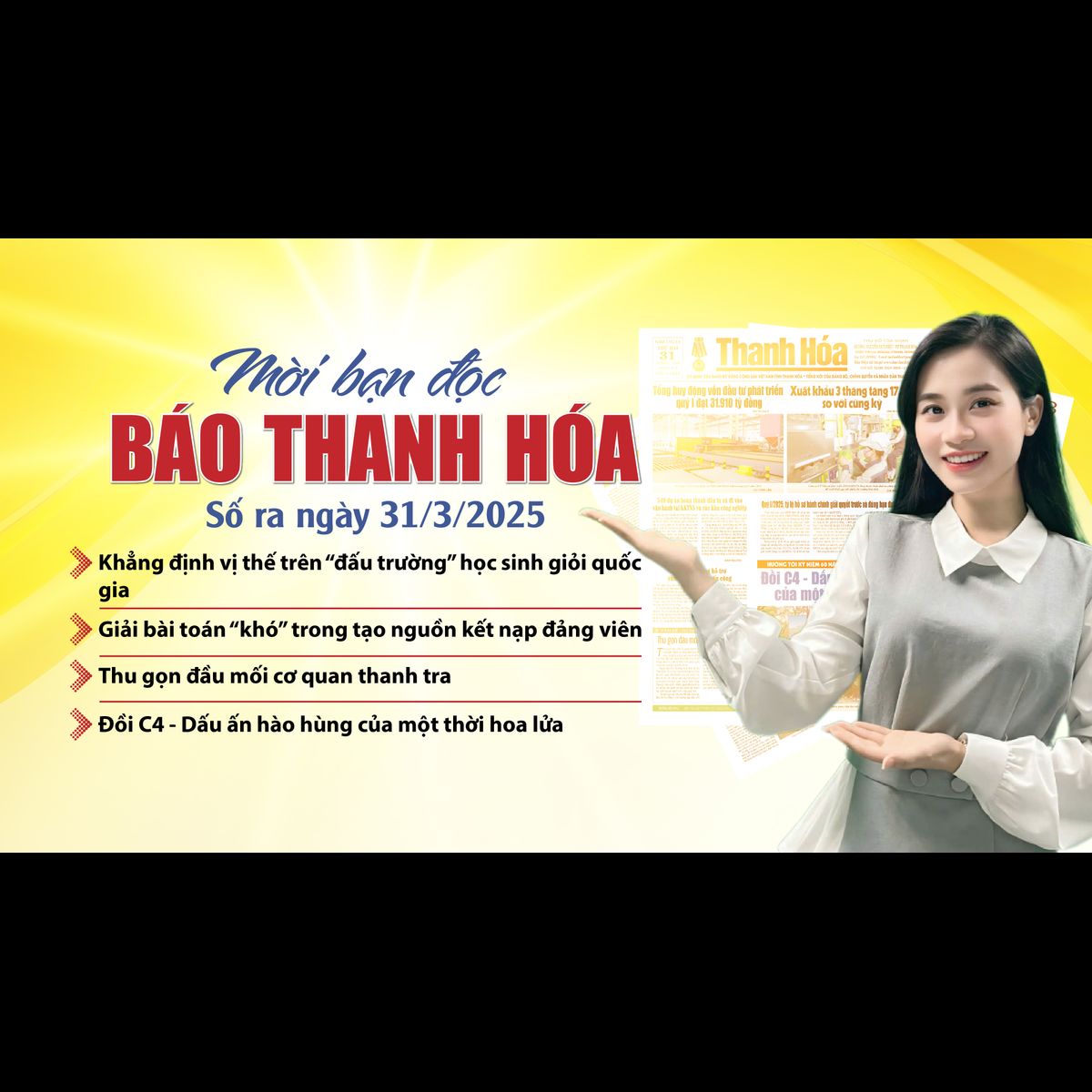



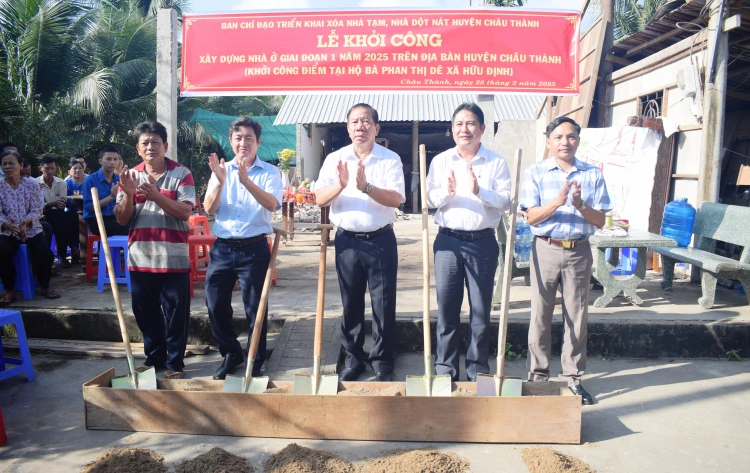

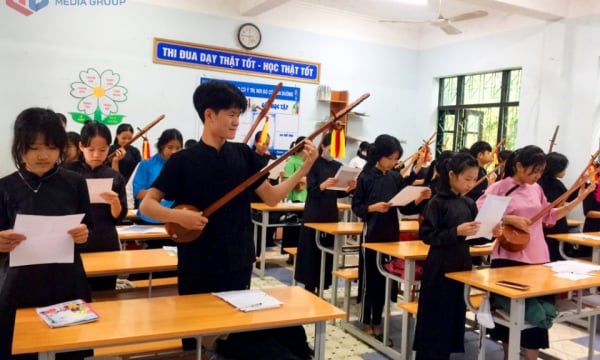

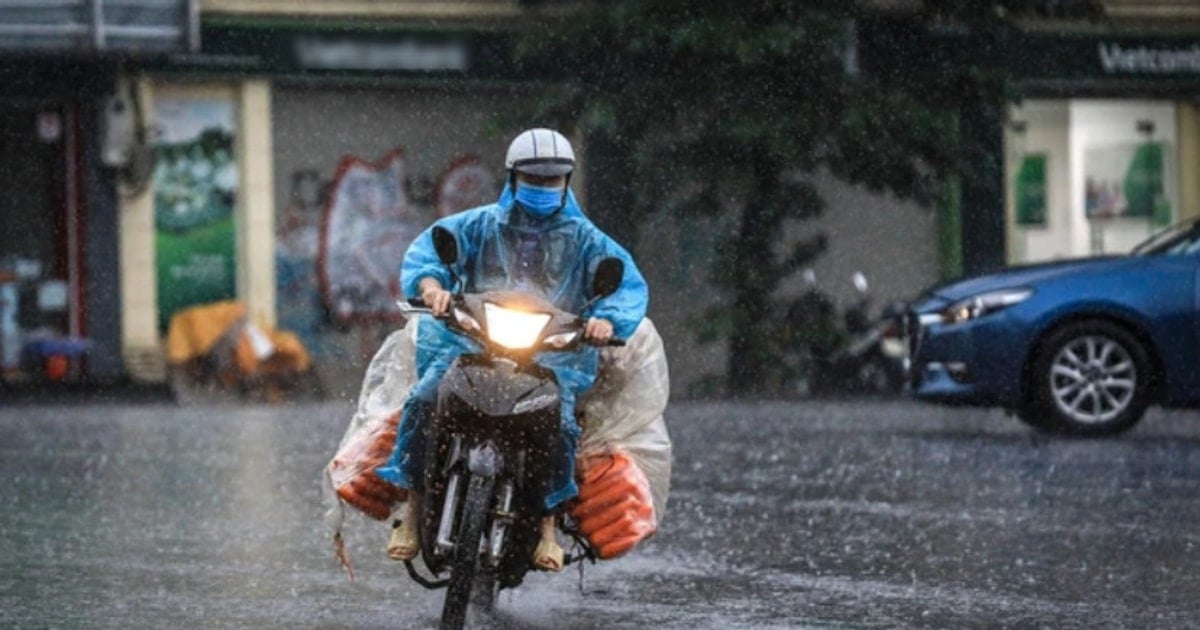



![[REVIEW OCOP] An Lanh Huong Vet Yen Cat](https://vstatic.vietnam.vn/vietnam/resource/IMAGE/2025/3/27/c25032328e9a47be9991d5be7c0cad8c)







Comment (0)